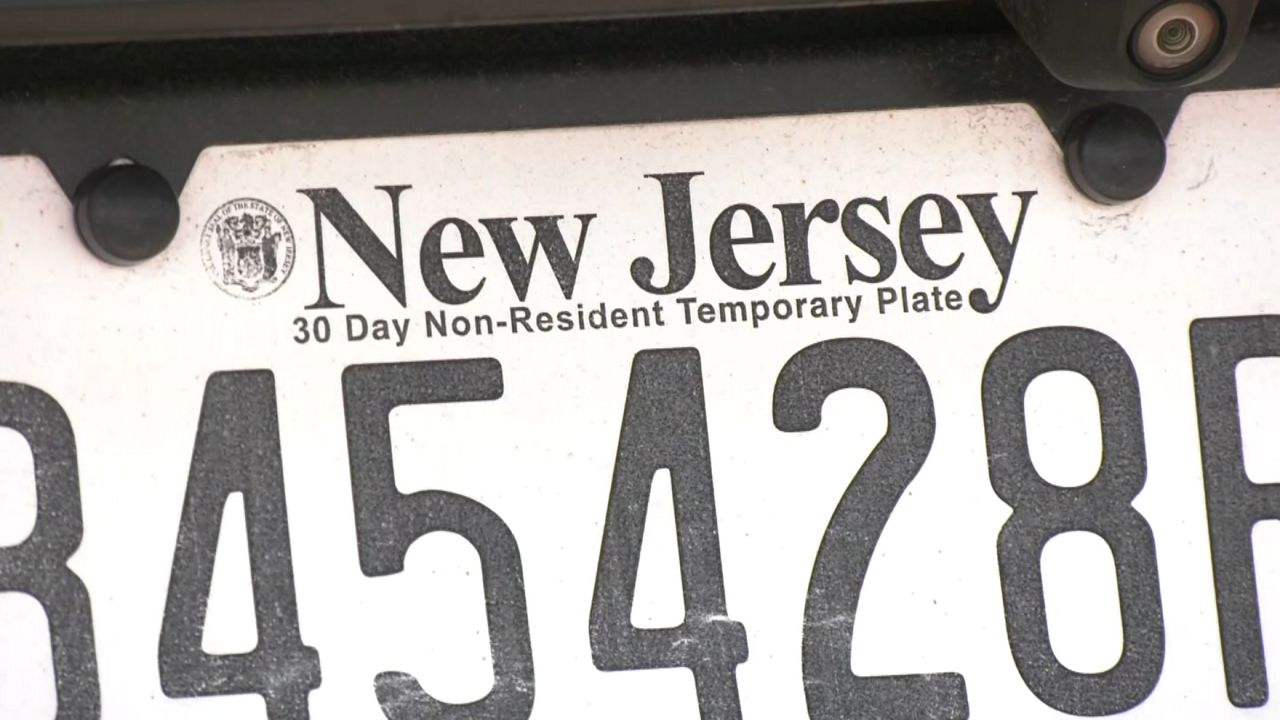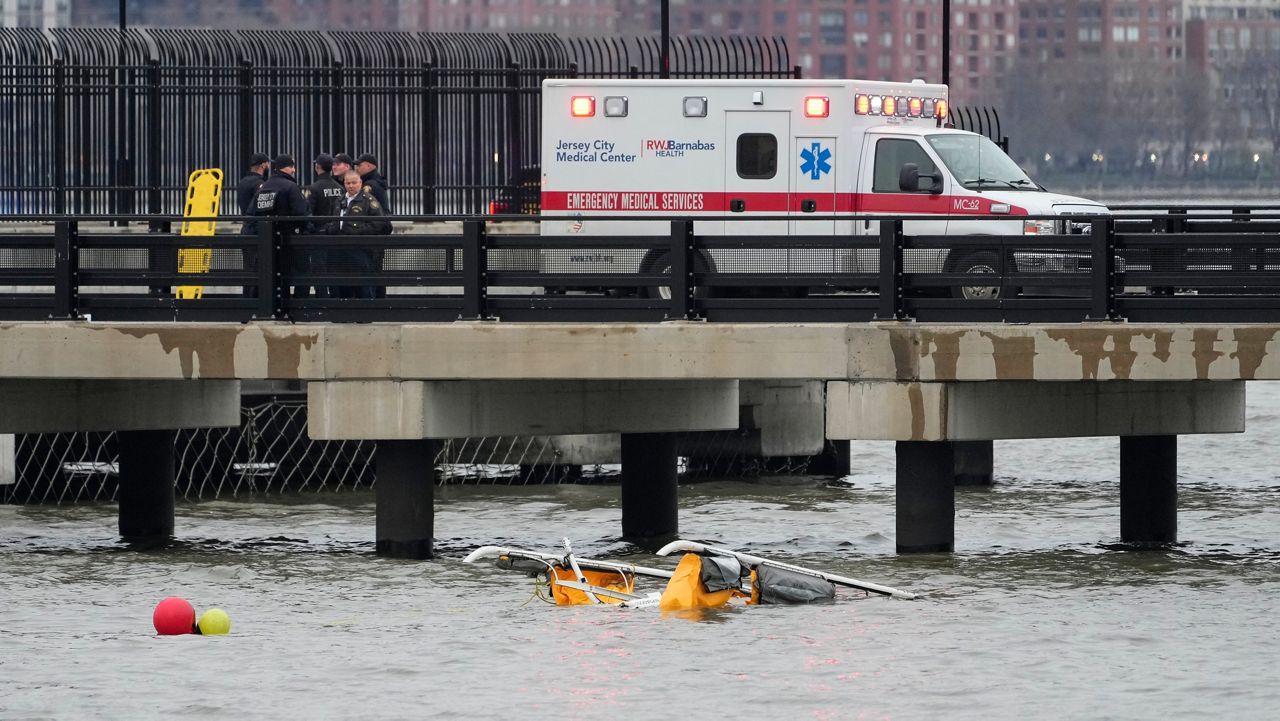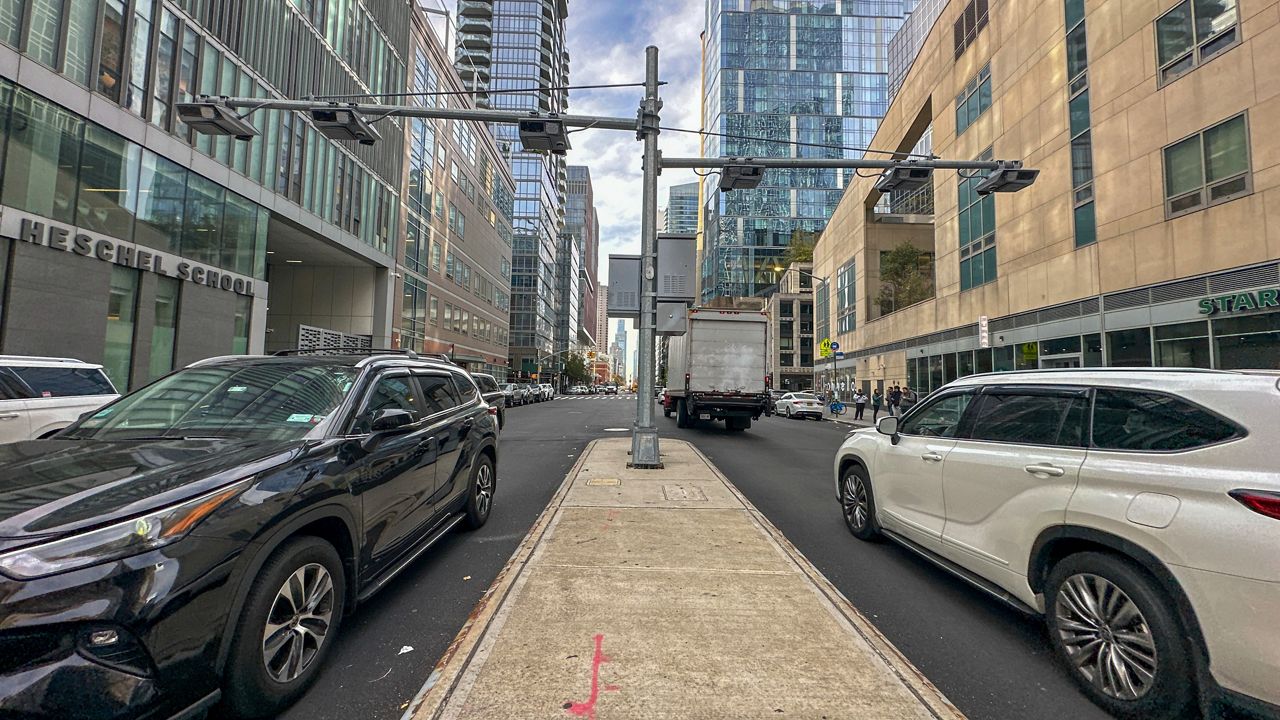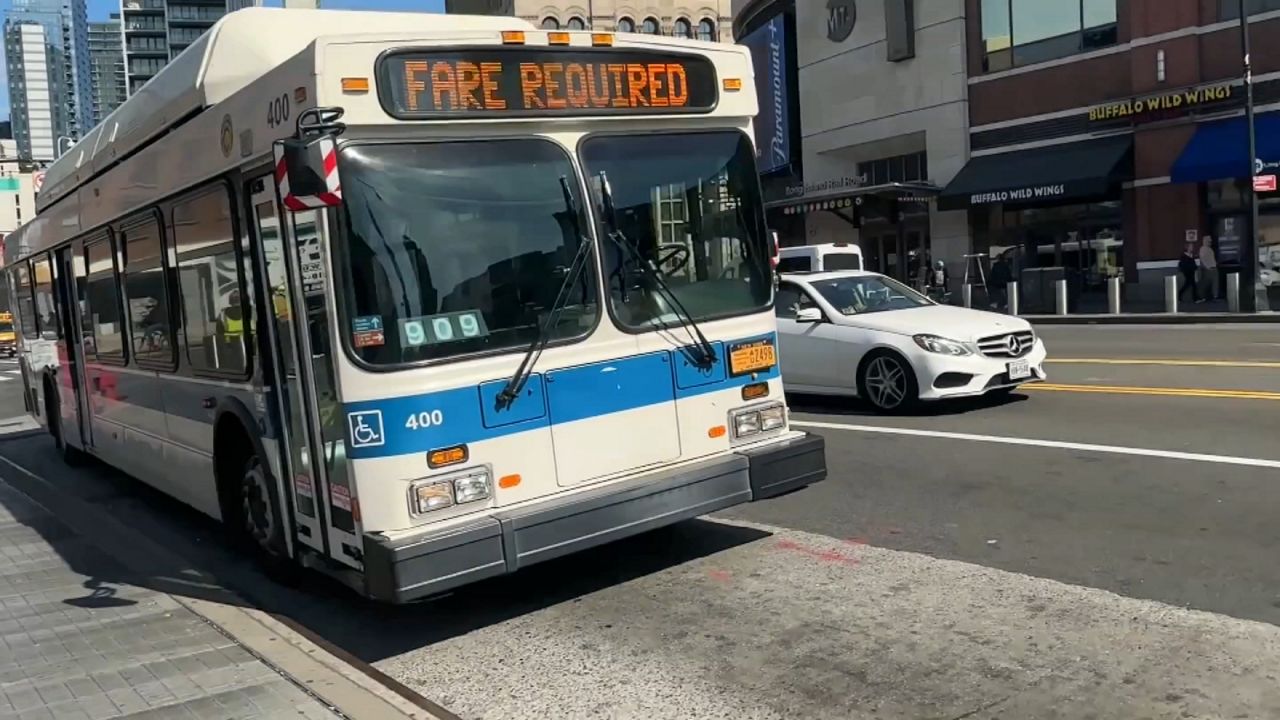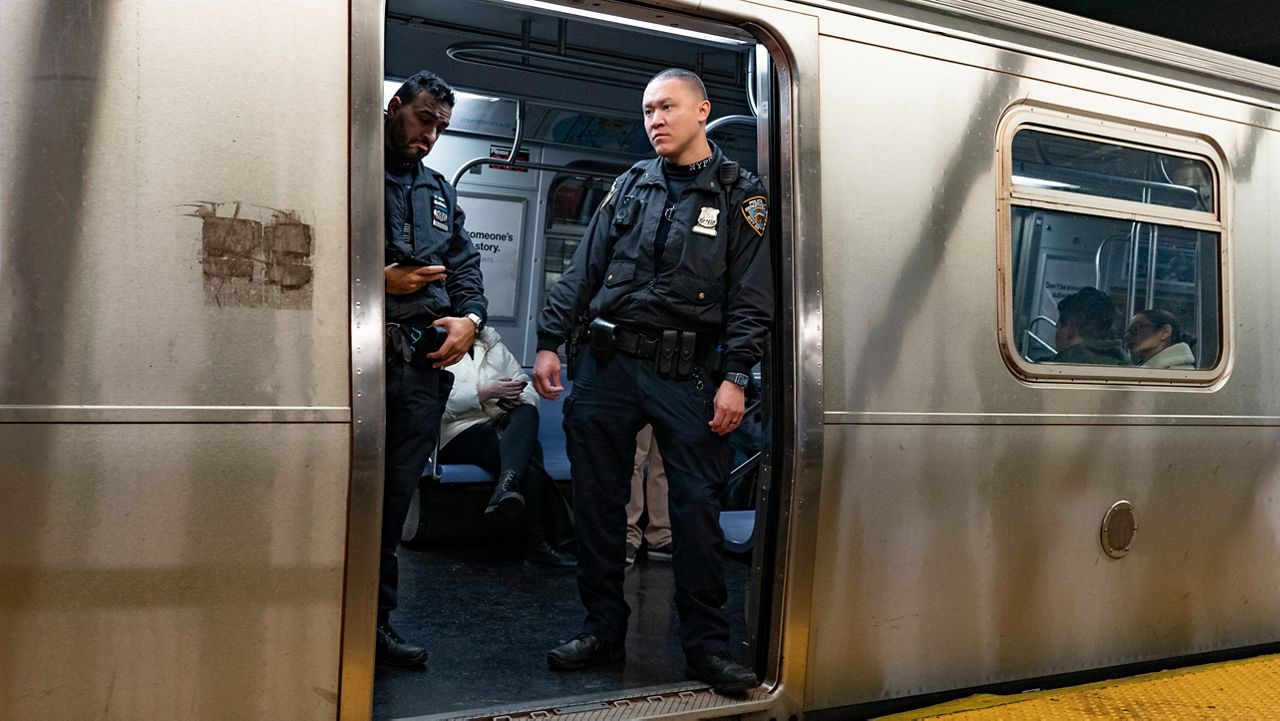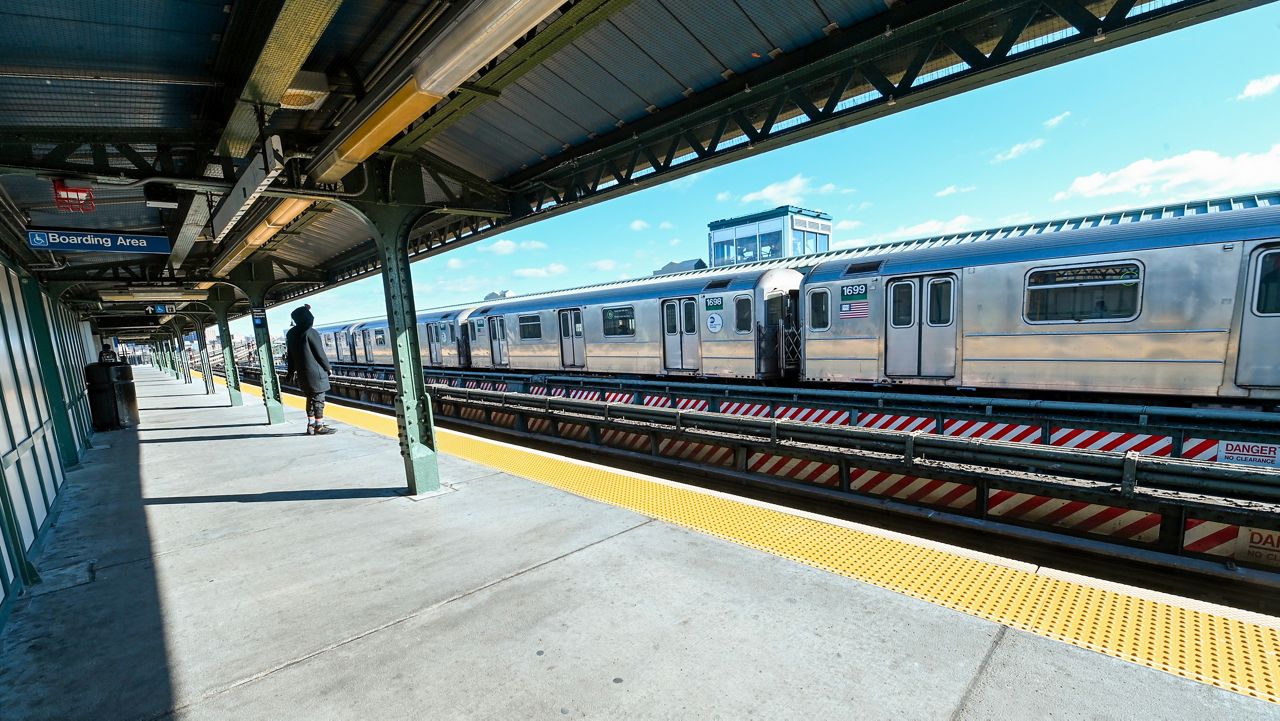It’s estimated the MTA loses nearly $700 million a year to fare evasion, over $300 million on buses, which were free during the COVID-19 pandemic.
“It has been something that has been hard to stem the tide, especially with opening the back door during the COVID period and the trend has continued,” New York City Transit Interim President Demetrius Crichlow said at the agency’s committee meeting Monday.
The past year has seen a large increase in people not paying. It starts at approximately 38% of riders at the beginning of 2023, rising to nearly 50% by the end of June, despite issuing more than 40,000 summonses from January through mid-August.
But now, the MTA says it is making progress due to increased enforcement, with unarmed EAGLE Teams in plainclothes on buses. The members note who isn’t paying and taking those riders off at a central location to be met by the NYPD.
“Even in our first two weeks as we were [finding out] our deployment, we saw an increase of 3,200 paid rides per day,” Crichlow said. “And a 4.6% increase in paid rides on routes where we were enforcing the fare.”
Since this started Aug. 28, payments even increased on routes without enforcement.
The MTA said they are getting help to get the word out on TikTok, numerous riders warning others through posts about the new initiative.
But some transit advocates say this punishes poverty.
“It’s one thing to have a functional proof of payment system, which New York does not yet have, and to occasionally check to make sure that somebody who can afford to pay has paid,” Danny Pearlstein, director of policy and communications at Riders Alliance, said. “It’s another thing to waste the time of everyone already riding the slowest buses in America.”
But officials insist it’s not just about enforcement, noting EAGLE team members physically block people from boarding through the back door and get people to pay on the spot.
They also have digital signage throughout the system reminding riders to pay the fare.
“Before launching this initiative on buses, we had a day of action where we spoke to riders particularly at these locations and said we were going to be changing things up so there was no surprise,” Crichlow said.
Come January, the penalties will change in an effort to be more equitable.
A first offense will come with a warning, but the fine for a second will increase from $100 to $150. However, if an individual qualifies and enrolls in the low-income discounted fare program, Fair Fares, they can have their fine forgiven.




_PKG_Bus_Fare_Evasion_Update?wid=320&hei=180&$wide-bg$)

